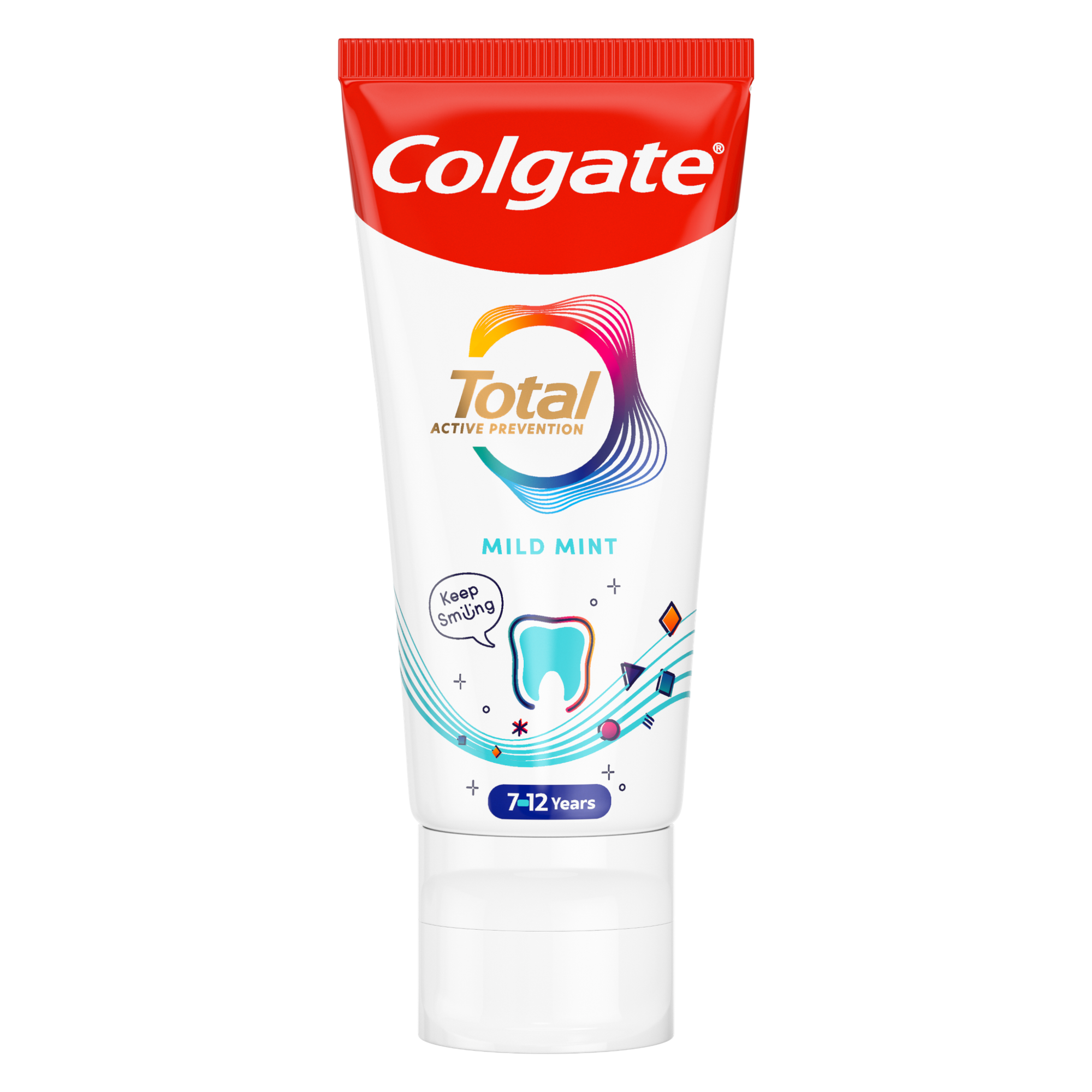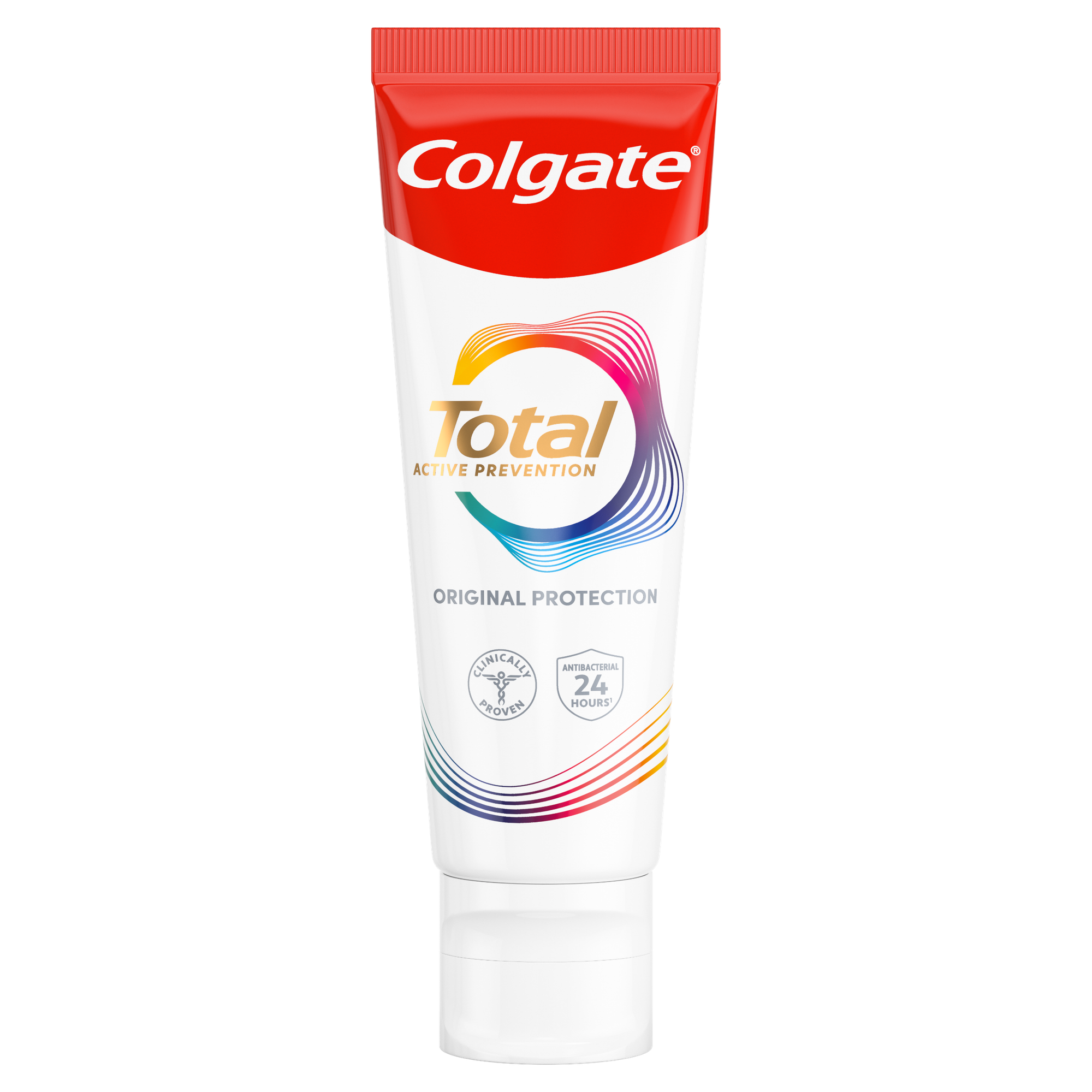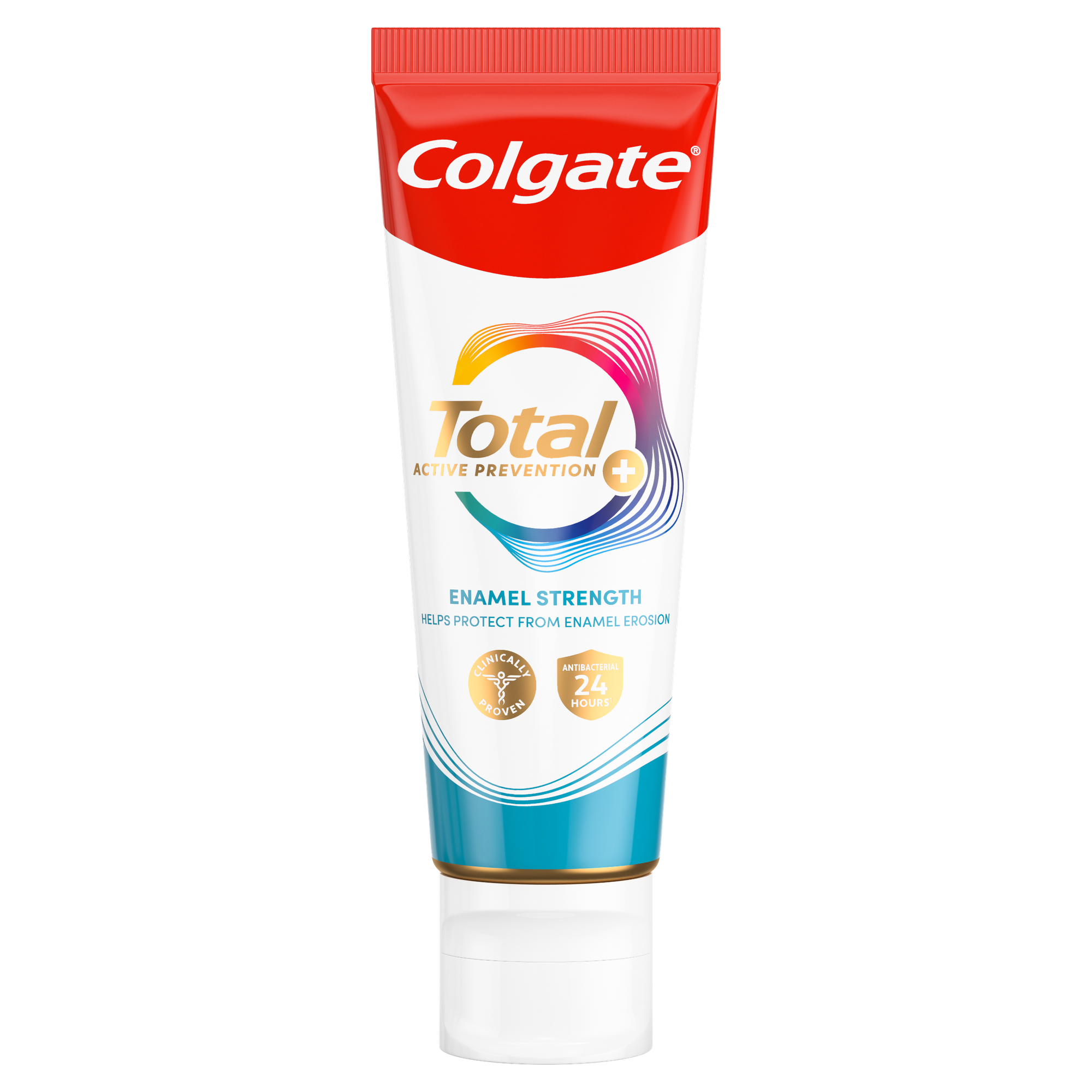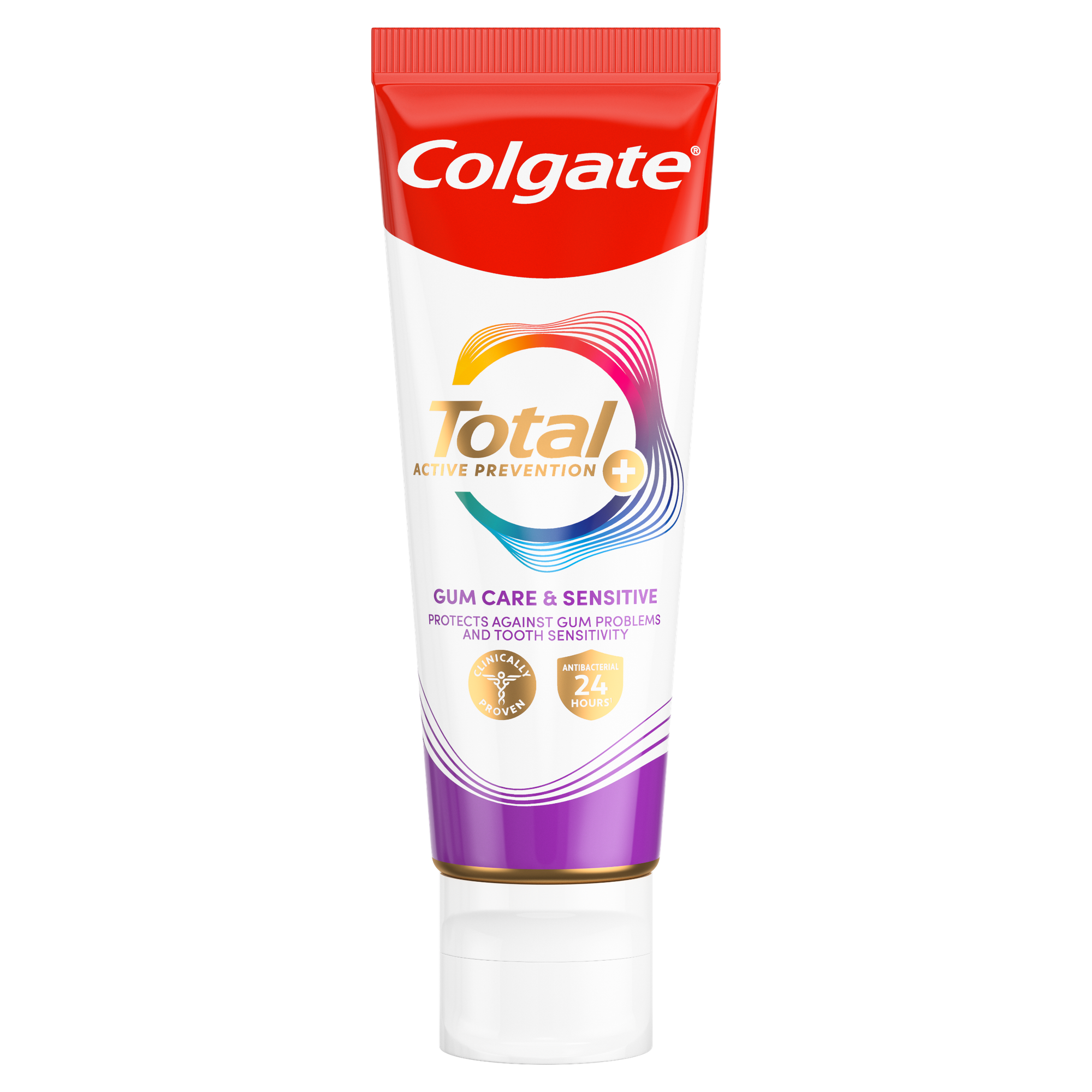When to See a Dentist for a Coated Tongue
According to the NHS, the tongue appears to be coated with a white layer when the surface is colonised by bacteria or fungi and dead cells become lodged between the papillae (tiny white or pink bumps on your tongue). The condition is typically harmless, despite the odd appearance. However, a white tongue can be a symptom of a serious health condition.
You should consult your dentist about a white tongue if it's painful, the coating lasts for longer than three weeks, or you're concerned about changes to your tongue associated with the coating.
Why Is My Tongue White?
The British and Irish Society for Oral Medicine lists various reasons why the tongue can appear to be coated. Conditions such as poor oral hygiene and dry mouth are common. Tobacco usage is known to cause several health problems, a white tongue included. Eating soft foods or long periods of not eating due to illness can also be a contributing factor. Certain medications for a variety of conditions can also cause a coated tongue.
White patches or coating can be a symptom of more serious health conditions, such as oral thrush and leukoplakia. These conditions require a visit to your doctor or dentist. We’ve outlined these and a few other common tongue conditions below.
Oral Thrush
Thrush is a mouth infection caused by the Candida fungus, more commonly referred to as yeast. A typical healthy person has small amounts of Candida in the mouth and digestive tract and on the skin. Other microorganisms and bacteria keep the fungus from growing out of control. However, illnesses, stress and medications can all cause Candida to reproduce more.
The main symptom of oral thrush is white lesions that resemble cottage cheese, found usually on the tongue or inner cheeks. Thrush can happen in anyone, but it's more common in babies and toddlers, the elderly, and people with compromised immune systems. It can result from:
- Antibiotic and corticosteroid use
- Smoking
- Diabetes
- Poorly-fitted dentures
- Serious diseases, such as HIV and cancer
- Pregnancy
Thrush is treated with antifungal medication taken over 10 to 14 days.
Leukoplakia
Excessive cell growth in the mouth produces white patches on the tongue, a condition known as leukoplakia. Tobacco users are more prone to it than non-smokers. The presence of leukoplakia can sometimes indicate oral cancer, though your dentist needs to perform an evaluation for a proper diagnosis.
Leukoplakia lesions typically resolve themselves. If the patches last longer than two weeks, consult your dentist.
Geographic Tongue
A geographic tongue is an inflammatory condition that affects the surface of your tongue. A normal tongue is covered in papillae, but if you have a geographic tongue, you’ll notice patches of these papillae are missing, resulting in smooth or red areas with raised borders. These patches make your tongue look like a map, (hence the name!) and can move around. It’s not a harmful condition and won’t cause you other health issues, but you may find your mouth is quite sensitive to salty or spicy foods.
Mouth Ulcers
You might notice a small, white patch on the surface of your tongue known as a mouth ulcer. Mouth ulcers are round, painful or swollen sores that look like blisters and can appear on the surface of your tongue or inside your cheeks or lips. They can be uncomfortable but are unlikely to be a sign of something more serious. They’ll usually heal on their own within a week or so, but you can visit your local pharmacy for over-the-counter treatments that will help the pain and healing.
Treatment of a Coated Tongue
Regardless of what's causing your coated tongue, bad breath is usually a by-product. That's because of the extra bacteria hanging out on your tongue. Fighting bad breath from a coated tongue is as simple as maintaining good oral hygiene habits. Some things you can try to get rid of a white tongue include:
- Drink at least 2 litres of water a day to rinse bacteria from your mouth and tongue.
- Use a tongue scraper to remove any excess bacteria from your tongue.
- Use an antibacterial mouthwash with fluoride twice daily for two weeks.
- Take over-the-counter painkillers* if a coated tongue is causing you discomfort.
Without taking action, the bacteria covering your tongue can lead to tooth decay or gum disease. The white patches associated with leukoplakia can progress to oral cancer, so you should always consult your dentist or doctor if you suspect you have this condition.
Maintaining Good Oral Hygiene to Prevent a White Tongue
One way to keep your tongue clean and healthy is to have a good oral hygiene routine that you follow each day. Here are some helpful tips you can follow:
- Brush your teeth at least twice a day using a soft-bristled toothbrush and fluoride toothpaste.
- Use dental floss or interdental brushes daily to clean the hard-to-reach areas between your teeth.
- Use a tongue scraper every day.
- Use mouthwash to remove any leftover food particles – this will also keep your breath fresh!
- Limit the amount of sugary or acidic food and drinks you eat – try to eat a healthy diet with lots of fresh foods.
- Replace your toothbrush every three months or sooner if the bristles are splayed or worn.
- Visit your dentist regularly for check-ups and a thorough cleaning.
- Avoid cigarettes, vapes and other tobacco products if possible.
Besides keeping your teeth clean and healthy, your dentist can always help you to identify the cause of a coated tongue and restore your oral health to tip-top shape.
*Always consult your doctor before taking any medication.
ORAL HEALTH QUIZ
What's behind your smile?
Take our Oral Health assessment to get the most from your oral care routine
ORAL HEALTH QUIZ
What's behind your smile?
Take our Oral Health assessment to get the most from your oral care routine













